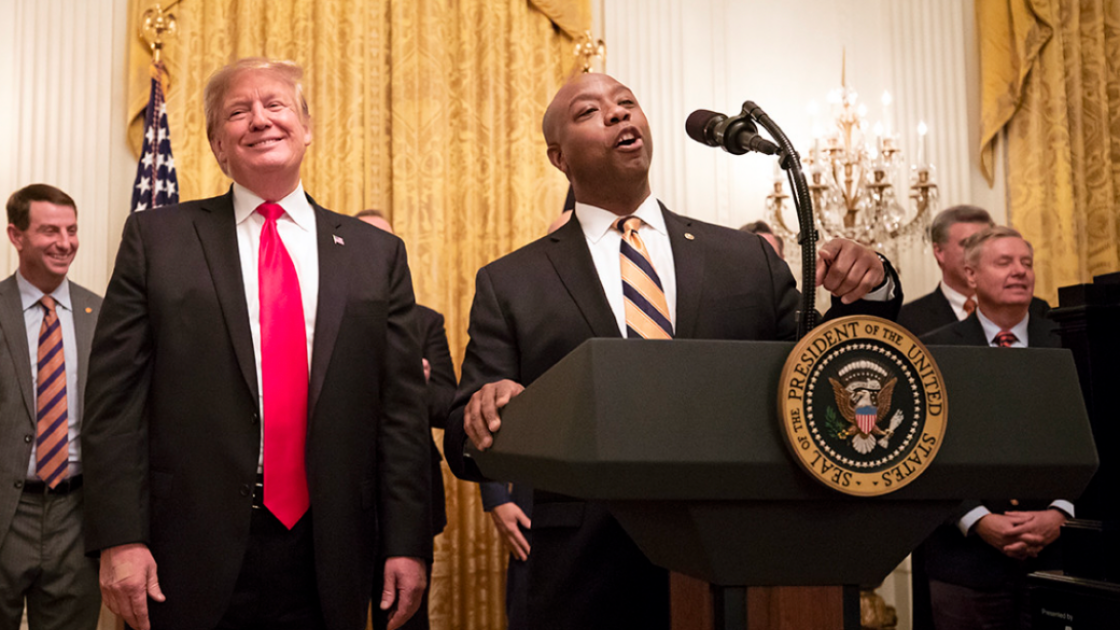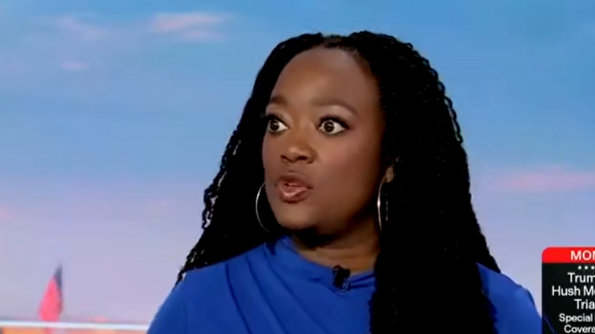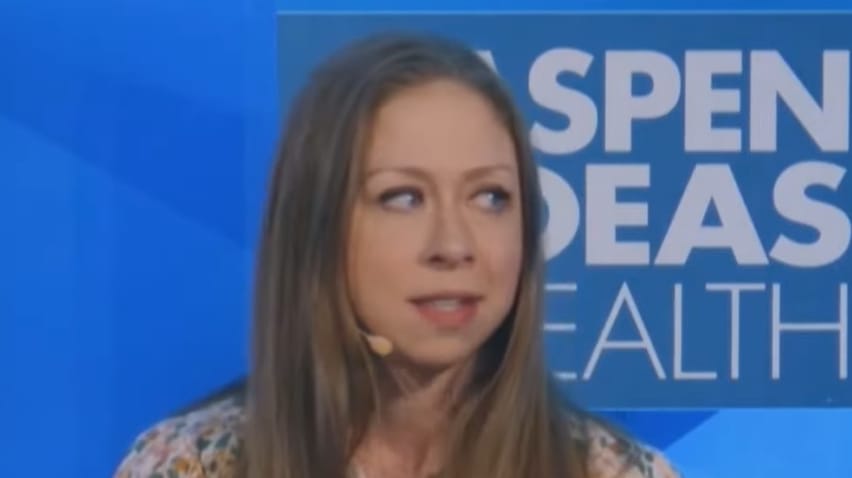Eli Lilly is one of the drugmakers expected to follow suit.
U.S. officials on Sept. 30 announced a deal with Pfizer that involves the drug company agreeing to cut prices for Americans.
Among the features of the agreement: Medicaid programs will have access to “most favored nation” pricing, or the lowest price among developed countries, moving forward. That could lead to better prices for the program that serves more than 70 million people, a senior administration official told reporters on a call on Tuesday.
Here’s what we know.
Prescription Drug Spending
The United States spends hundreds of billions of dollars a year on prescription drugs. Americans pay more for prescription drugs than patients in other countries, nearly three times as much on average, according to a 2024 government report.
Officials say that the high prices result in about 75 percent of global pharmaceutical profits coming from Americans. They say the high prices have funded pharmaceutical research and development.
“The United States is done subsidizing the health care of the rest of the world,” President Donald Trump said on Monday.
Chris Klomp, deputy administrator at the Centers for Medicare and Medicaid and director of Medicare, said that the agreement does not feature any price caps.
Pfizer “can price however they’d like,” he said. “We’re simply asking them, and they are committing, not to undercut us in other countries.”
The Pharmaceutical Research and Manufacturers of America, which represents manufacturers, said in May: “To lower costs for Americans, we need to address the real reasons U.S. prices are higher: foreign countries not paying their fair share and middlemen driving up prices for U.S. patients.
“Importing foreign prices from socialist countries would be a bad deal for American patients and workers,” the group said.
The trade group did not respond to a request for comment on the Pfizer deal by publication time.
Tariffs
Trump asked companies over the summer to lower drug prices, including not charging Medicaid patients any more than the lowest prices in other developed nations.
If not, he said in letters to them, the government “will deploy every tool in our arsenal to protect American families from continued abusive drug pricing practices.”
Trump sent letters to 17 companies, including Pfizer.
The president recently said that beginning Oct. 1, there would be a new 100 percent tariff on pharmaceutical products. The only exception would be for companies that are starting to build or construct manufacturing plants in America.
Albert Bourla, CEO of Pfizer, said the tariff threat worked.
“Tariff is the most powerful tool to motivate behaviors, Mr. President, and clearly motivated ours,” he said.
As part of the agreement, Pfizer is committing to spending $70 billion in U.S. facilities, and the government is giving it a three-year reprieve from the tariffs.
New Website
A new direct-to-consumer website, dubbed Trump Rx, will also give people access to drugs at reduced prices, officials said.
“No more Canadian detours to purchase drugs more inexpensively at our neighbor,” Klomp said.
The website is expected to be public in early 2026, a senior administration official said on the call on Monday. Some details of the website are still being worked out. The framework, as of now, is that people can go to the website, type in the drug they’re looking for, and be redirected to the place where they can buy that directly, either through a manufacturer or a manufacturer’s designee.
According to the White House, the dermatitis ointment Eucrisa will be made available at an 80 percent discount, the migraine treatment Zavzpret will be sold at a 50 percent discount, and a rheumatoid arthritis medication will be on the site at a 40 percent discount.
Pfizer said a “large majority” of its primary care treatments, and some specialty brands, would be offered through the website with an average discount of 50 percent.
The highest discount would be 85 percent, Pfizer said.
Other Companies
Trump said that “we’re working with other major pharmaceutical companies to secure similar agreements.”
A senior administration official told reporters on the call that deals have already been reached with multiple other manufacturers.
“Then there are manufacturers with whom we’re actively negotiating, and then there are manufacturers sitting in a queue that we still have to get to,” the official said.
Other than Pfizer, the companies that received a letter from Trump are: AbbVie, Amgen, AstraZeneca, Boehringer Ingelheim, Bristol Myers Squibb, Eli Lilly, EMD Serono, Genentech, Gilead, GSK, Johnson & Johnson, Merck, Novartis, Novo Nordisk, Pfizer, Regeneron, and Sanofi.
The only company besides Pfizer that Trump mentioned by name was Eli Lilly.
“We believe that every American deserves access to the medicines they need, regardless of where they live or what they earn. Today’s announcement from the White House underscores the urgency of making medicines more affordable and we welcome all efforts that prioritize patients,” a spokesperson from the company told The Epoch Times in an email.
“Lilly has been in active discussions with the administration to further expand patient access, preserve innovation and promote affordability to our medicines. We do not have specific details to share at this time but look forward to providing an update in collaboration with the administration soon.”
If you found this article interesting, please consider supporting traditional journalism
Our first edition was published 25 years ago from a basement in Atlanta. Today, The Epoch Times brings fact-based, award-winning journalism to millions of Americans.
Our journalists have been threatened, arrested, and assaulted, but our commitment to independent journalism has never wavered. This year marks our 25th year of independent reporting, free from corporate and political influence.
That’s why you’re invited to a limited-time introductory offer — just $1 per week — so you can join millions already celebrating independent news.








